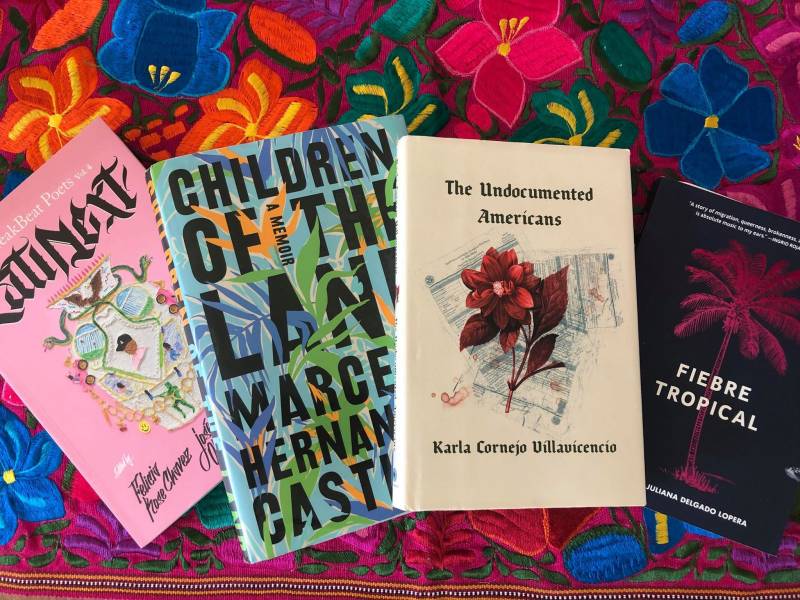Growing up in East San Jose, Yosimar Reyes discovered new books by watching Oprah's Book Club — that’s how he got introduced to the great Toni Morrison. “I was a nerd and everything that Oprah recommended, I needed to read because Oprah [was] reading it,” said Reyes. Today, Yosimar Reyes has his own book club, the Yosi Book Club, which has cultivated a significant following among Latinx millennials.
With an Instagram bio that reads “undocumented socialite,” the Los Angeles-based poet and writer is fiercely upending the trauma-forward narratives that often essentialize undocumented people. Reyes’ work, while sobering, is humorous, joyful and rebellious — a stark contrast from the way these stories are often told by reporters and authors who write from an outsider's perspective. (Recall the controversy surrounding "American Dirt" that had the endorsement of Oprah’s Book Club).

